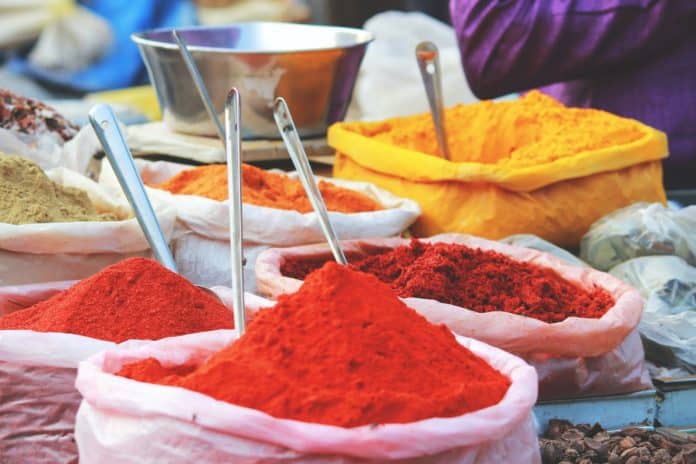The Amazigh people, are an indigenous ethnic group native to North Africa. Throughout history, we have relied on traditional remedies to treat various illnesses and ailments. These remedies are often based on natural ingredients, such as herbs and minerals, and passed down from generation to generation.
One popular traditional remedy is the use of “risso” or the “berber aspirin.” This is made from the dried leaves of the willow tree, which contain salicylic acid, the active ingredient in modern-day aspirin. Amazigh would grind the leaves into a powder, mix it with honey or olive oil, and take it to relieve pain and reduce fever.
Another traditional remedy is the use of “sesame oil.” Amazigh believe that this oil has many healing properties, including the ability to reduce inflammation and improve circulation. They often use it in massage therapy, applying it to the skin to help soothe muscle aches and relieve pain.
In the case of respiratory problems, Amazigh have relied on a mixture of honey and black cumin seeds and lemon juice. This mixture is believed to have antiseptic and anti-inflammatory properties, and is often used to treat colds, coughs, and other respiratory illnesses.
The use of “rhassoul” clay is also a popular traditional remedy among the Amazigh. This type of clay is rich in minerals, including silica, magnesium, and potassium, and is often used to treat skin conditions such as acne and eczema. Amazigh would mix the clay with water to form a paste, which would then be applied to the skin and left to dry.
Another traditional remedy involves the use of Argan tree, this is a plant that is native to North Africa and is used by Amazigh treat skin conditions like eczema and psoriasis, as well as to improve skin hydration and reduce inflammation.
Thyme is a widely used herb in Amazigh culture for its medicinal properties and is a common ingredient in traditional Moroccan remedies. Thyme tea is consumed to treat digestive problems, such as bloating, gas, and constipation. The tea can also be inhaled to relieve respiratory issues such as colds and flu. Thyme essential oil is used in skin care products to treat acne, reduce inflammation, and promote healthy skin. The herb is known for its antimicrobial, antiseptic, and anti-inflammatory properties, which make it a popular natural remedy for various health issues. However, it is important to consult with a healthcare professional before using thyme as a remedy, especially if you have an underlying medical condition, are pregnant, or are taking medications.
Mint, often used in tea, it has many health benefits; mint tea is enjoyed every day all around the country both for pleasure and for its medicinal properties. It helps to reduce bloating and gas, eases nausea, and helps to keep the digestive system functioning well. It can also help to soothe headaches, reduce stress and anxiety, and is furthermore thought to be good for the respiratory system.
Another important ingredient in Amazigh remedy culture is the olive oil, a key ingredient in Moroccan traditional medicine and is used for various remedies to treat various health issues. It is valued for its hydrating and nourishing properties, making it an effective natural remedy for skin and hair care. Olive oil is also used as a home remedy to soothe ear pain, relieve constipation, and reduce inflammation. In Morocco, olive oil is often mixed with lemon juice to improve digestion and boost its health benefits. It is also used as a base oil for massage therapy, providing nourishment and hydration to the skin while reducing muscle pain and stiffness. A few drops of warm olive oil are dripped into the ear is also a very effective pain soother and reduce inflammation in cases of ear infections.
Fenugreek is a plant that is highly valued in Amazigh traditional medicine for its medicinal properties. It is used as a natural remedy to treat various health issues such as digestive problems, respiratory issues, and skin conditions. For digestive issues, fenugreek seeds are often soaked in water and consumed to help soothe indigestion, bloating, and constipation. Inhaling fenugreek steam is believed to help relieve respiratory issues such as congestion and cough. Fenugreek paste can also be applied topically to the skin to treat skin conditions such as eczema and dermatitis
In conclusion, the Amazigh people have a rich tradition of using natural remedies to treat various illnesses and ailments. These traditional remedies have been passed down from generation to generation and are still used today, showing the importance of preserving traditional knowledge and the effectiveness of natural remedies. It is important to note that traditional remedies should not be used as a substitute for modern medical treatment and it is always advisable to consult with a healthcare professional before trying any new remedies.

